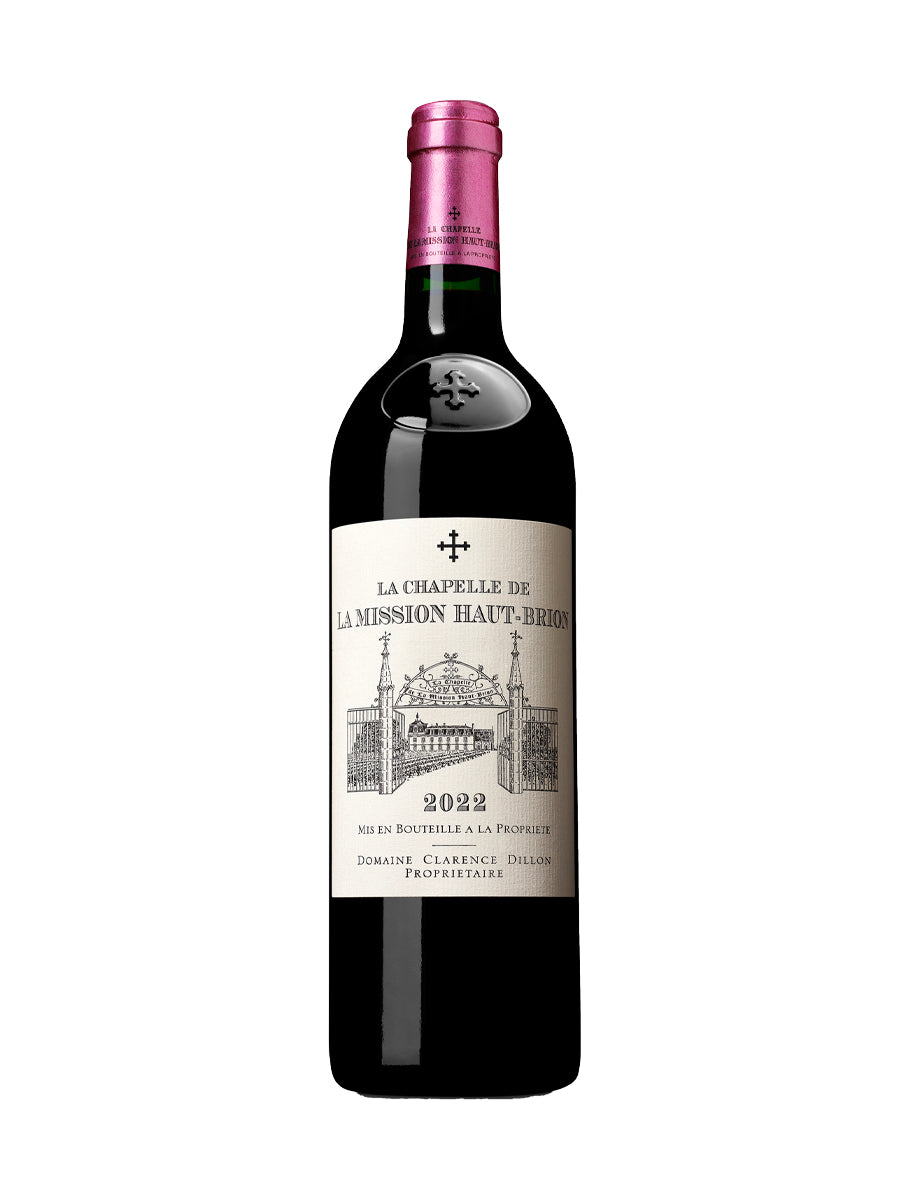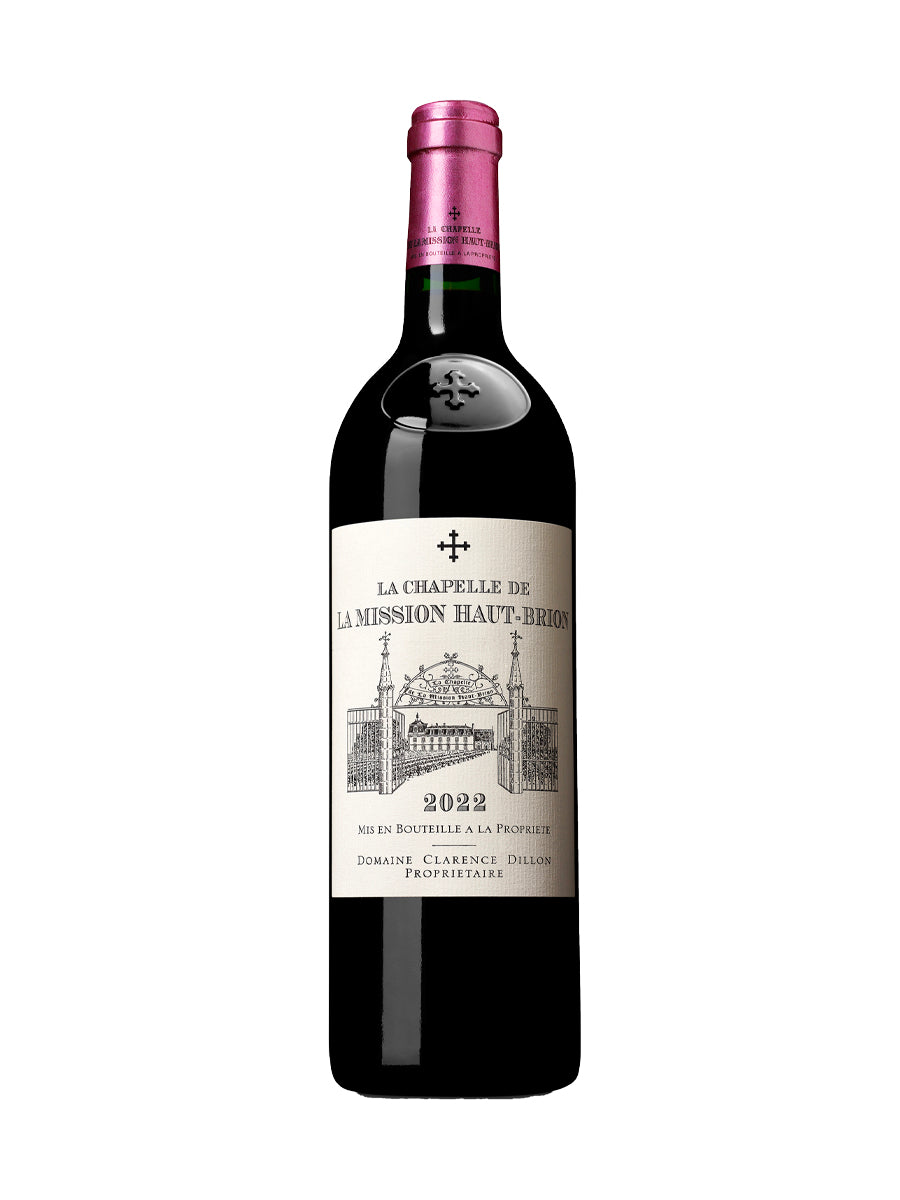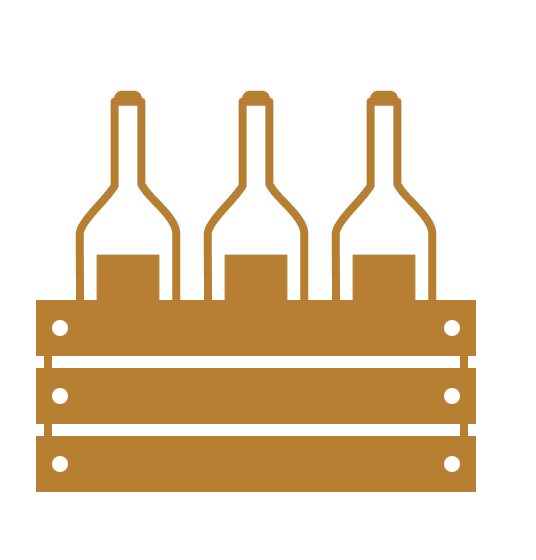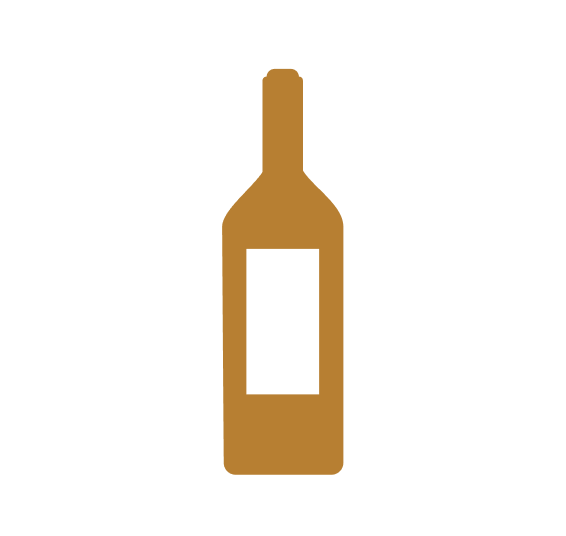
LA CHAPELLE DE LA MISSION HAUT BRION, 2022
Détail du vignoble
| AGRICULTURE | Sustainable |
| GRAPE VARIETIES |
Red varieties: 41% of merlot, 48% of cabernet sauvignon, 11% of cabernet franc |
| VINEYARD SURFACE AREA | 29.18 hectares |
| ANNUAL PRODUCTION | 70,800 bottles |
| HARVEST | Manual |
| SOIL |
Gravel soil composed of different quartz, clayey-sandy-limestone subsoil |
Histoire et anecdotes
Located in front of Château Haut-Brion upon which it shares a large gravel terrace, the Mission Haut-Brion’s history is closely related to the Château Haut-Brion ones.
It was founded in the 16th century by the Lestonnac family when Arnaud de Lestonnac got married to Marie de Pontac (Haut-Brion). In the following century, it was bequeathed to the Vincentian priests of the Mission who carried out major works on the vines. In the 19th, the Chiapella family related to Louisiana, participated in the Mission Haut-Brion’s transatlantic reputation.
In 1983, the Clarence Dillon estate, owner of Château Haut-Brion, acquired the Mission, thus benefiting from the same know-how.
The Mission Haut-Brion was seized during the French Revolution and sold as “National Asset ''.
“If God would forbid drinking, would he have made this wine as good as it is?” would have declared the Marshal de Richelieu about the Mission Haut-Brion.

Caractéristiques
CHARACTERISTICSRISKS
| CLASSIFICATION | 2nd wine of Chateau La Mission Haut Brion, 1st Grand Cru Classé |
| GRAPE VARIETIES | 55.9% merlot, 35.4% cabernet sauvignon, 8.7% cabernet franc |
| VINTAGE 2022 | "The hot, dry weather of 2022 brought early ripening for all the grape varieties. The berries are small in size but of excellent quality, both in terms of analysis and aromatics" - Château La Mission Haut Brion |
| VITICULTURE |
November and December were rainy, followed by a dry winter in January with average temperatures higher than the season's norm in February and March. Vegetative growth started early. The frost episode was less intense and significant than in 2021, the impact was minimal. The vines continued to grow in May and flowering went well. The three heat waves in June caused water stress, green harvesting was limited and the ripening of the grapes continued. During the night of August 13th, a rainfall relieved the vineyard allowing the grapes to reach an optimum sugar concentration. The harvest began on August 29th and ended on September 19th. |
| VINIFICATION | The meticulous tasting of each vat allows us to adjust each parameter of the vinification. |
| MATURING | The wine is aged in new barrels at 62.2%. |
| FORMAT | 75 cl |









